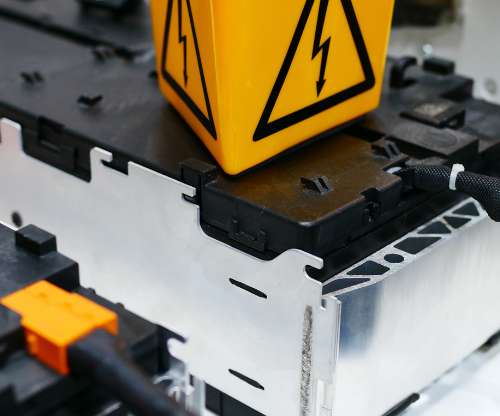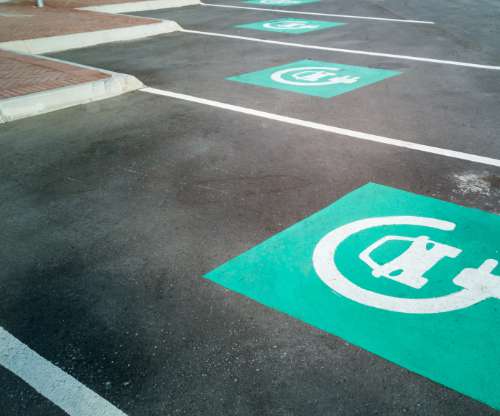EV myths busted: Are electric vehicles safer than gas-powered cars?
Drive Electric
SEPTEMBER 19, 2022
With the introduction of the Clean Car Discount in 2022, the skyrocketing prices of petrol and diesel across the country, and the increasing number of EVs available in New Zealand , we are seeing more EVs on our roads than ever before. Petrol and diesel vehicles both use internal combustion engines (ICEs). THE BOTTOM LINE.











Let's personalize your content